UKSSSC organized the G.B. Pant University, Assistant Accountant Officer Exam Paper on 29th November 2020. This Exam Paper UKSSSC Assistant Accountant Officer G.B. Pant University Exam Paper 2020 Question Paper with Answer Key available here.
Post Name – (G.B. Pant University Assistant Accountant)
Organized by – UKSSSC
Exam Date – 29 November, 2020 (Morning Shift)
Set – A
Number of Questions – 100
Click Here To Read This Paper in Hindi Language.
UKSSSC G.B. Pant University Assistant Accountant Exam 2020
(Official Answer Key)
1. Total debtors account is prepared to know :
(A) Credit purchase
(B) Credit sales
(C) Cash sales
(D) None of the above
Show Answer/Hide
2. On seizer of goods by the hire vendor, the balance of the assets account transferred to:
(A) Profit-loss account
(B) Hire vendor account
(C) Goods repossessed account
(D) None of the above
Show Answer/Hide
3. The maturity period of treasury bill is :
(A) 91 days
(B) 364 days
(C) Both (A) and (B)
(D) None of the above
Show Answer/Hide
4. Indian accounting standards are issued by :
(A) Reserve Bank of India
(B) Central Government
(C) State Government
(D) Institute of Chartered Accountants of India
Show Answer/Hide
5. Basic objectives of financial management is :
(A) Maximisation of sales
(B) Maximisation of wealth
(C) Maximisation of profit
(D) None of the above
Show Answer/Hide
6. Zero base budgeting was first used in:
(A) United States of America
(B) England
(C) Germany
(D) India
Show Answer/Hide
7. Which of the following is not a basic principle of accounting?
(A) Principle of expenses
(B) Principle of full disclosure
(C) Principle of historical cost
(D) Principle of cost and benefit
Show Answer/Hide
8. The most rigorous test of liquidity is :
(A) Current ratio
(B) Absolute liquid ratio
(C) Quick ratio
(D) None of the above
Show Answer/Hide
9. A plan is a trap to capture the future. This statement is of:
(A) Allen
(B) Terry
(C) Hurley
(D) Newman
Show Answer/Hide
10. Principle of indemnity applies in:
(A) Life insurance
(B) Life and fire insurance
(C) Life and marine insurance
(D) Marine and fire insurance
Show Answer/Hide
11. Return of investment is computed by:
(A) Profit and investment
(B) Cost of capital and investment
(C) Profit and sales
(D) None of the above
Show Answer/Hide
12. On dishonour, a promissory note does not require :
(A) Noting
(B) Accepting
(C) Discounting
(D) None of the above
Show Answer/Hide
13. Use of LIFO method is suitable at:
(A) Rising prices
(B) Falling prices
(C) Constant prices
(D) All of the above
Show Answer/Hide
14. The Sale of Goods Act came in force from:
(A) 1872 A.D.
(B) 1930 A.D.
(C) 1932 A.D.
(D) 1949 A.D.
Show Answer/Hide
15. Verification of assets includes:
(A) Physical verification of assets
(B) Verification of proper value of assets
(C) Verifying that assets are free from any charge
(D) All of the above
Show Answer/Hide
16. The section of agreement in restrains of trade is :
(A) 28
(B) 27
(C) 29
(D) 26
Show Answer/Hide
17. Short cut key for ‘Purchase Voucher’ in Tally is :
(A) F7
(B) F8
(C) F9
(D) F10
Show Answer/Hide
18. Holding company means :
(A) Which holds at least 50 percent shares of other company
(B) Which holds at least 51 percent shares, of other company
(C) A company controls over the Board of Directors of other company
(D) Which holds at least 75 percent shares of other company
Show Answer/Hide
19. The difference between actual cost and standard cost is known as:
(A) Profit
(B) Differential cost
(C) Variance
(D) Margin of safety
Show Answer/Hide
20. The Institute of Chartered Accountants of India was established on:
(A) 1 July, 1949 A.D.
(B) 1 April, 1948 A.D.
(C) 1 January, 1950 A.D.
(D) 1 April, 1932 A.D.
Show Answer/Hide


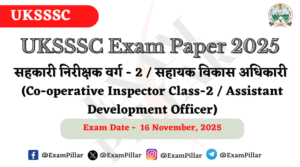
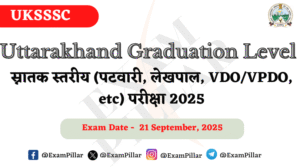
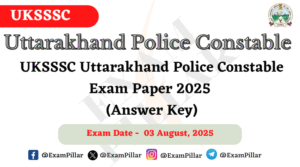
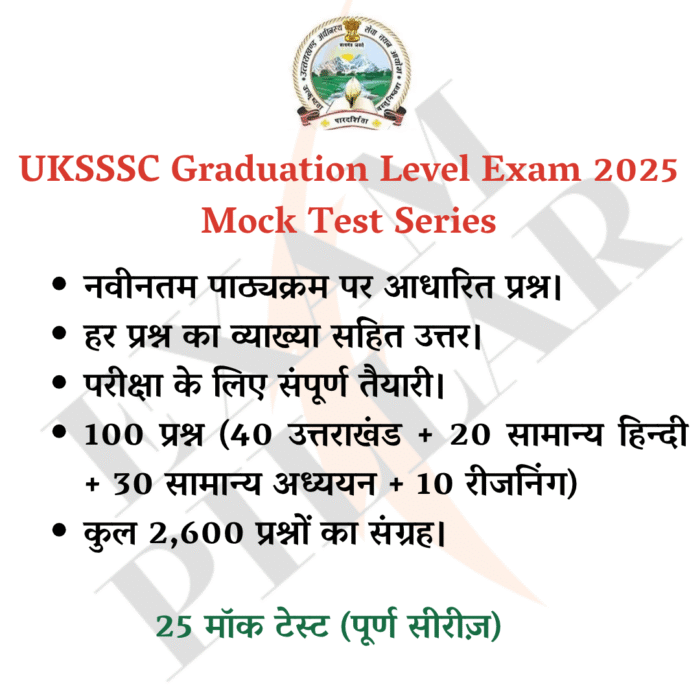

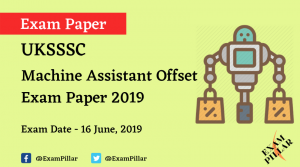
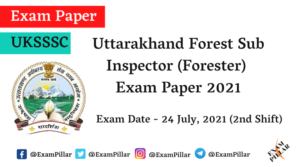
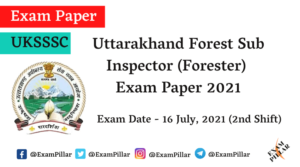
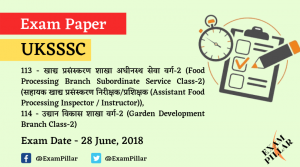
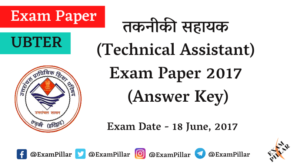
Question no. 29 ka answer wrong diye ho.
Question 18 ka answer wrong hai iska right Ans option ‘C’ hai